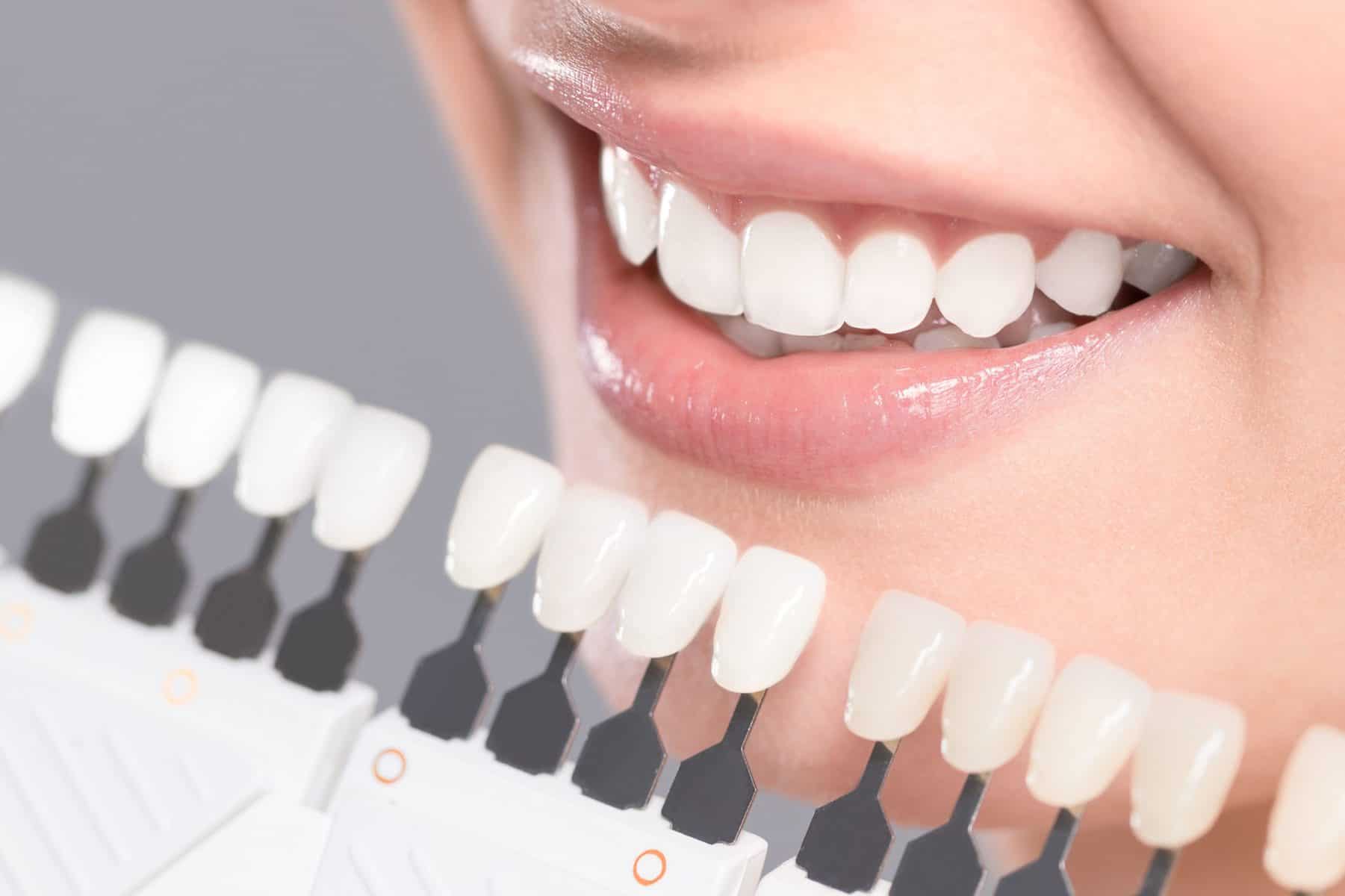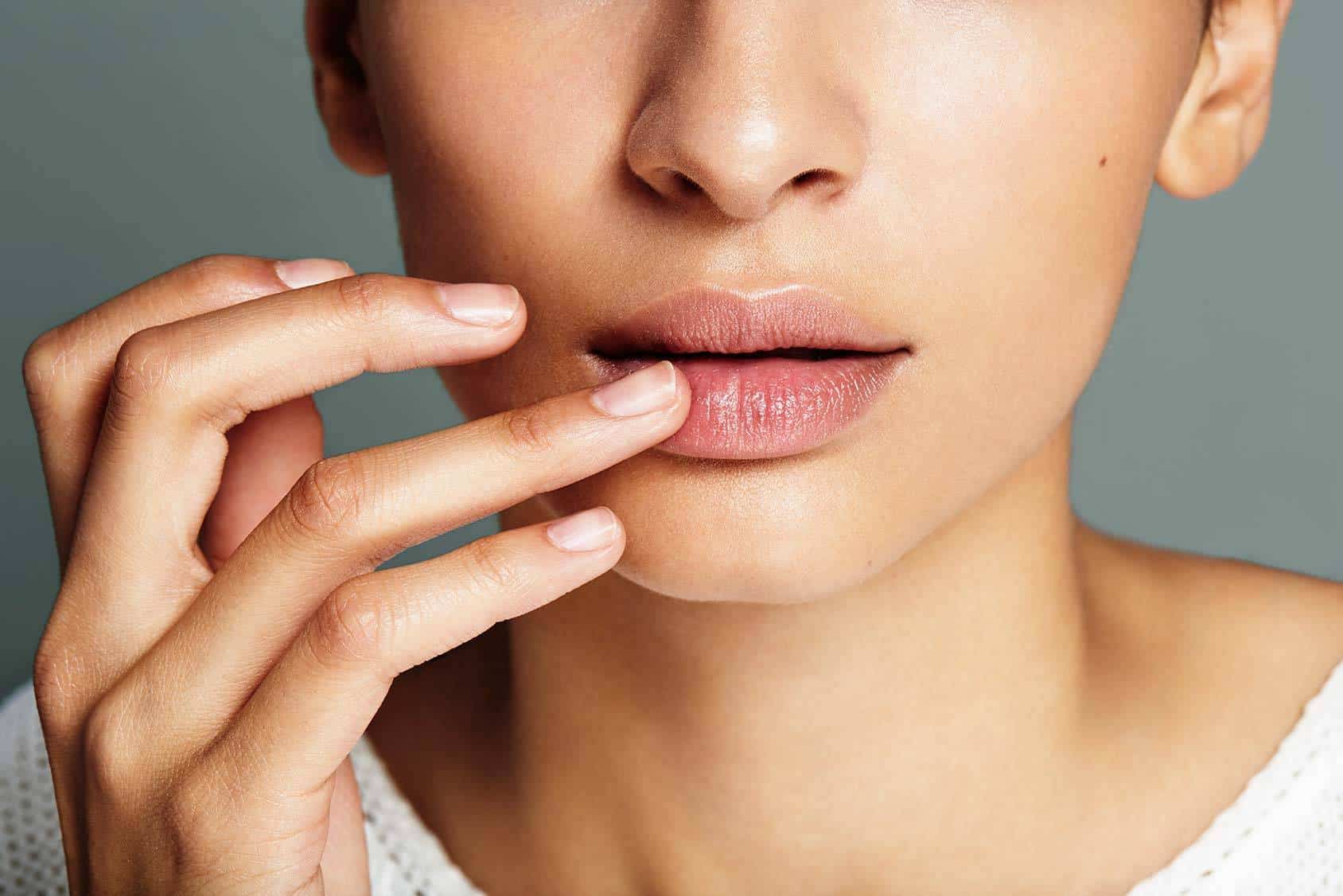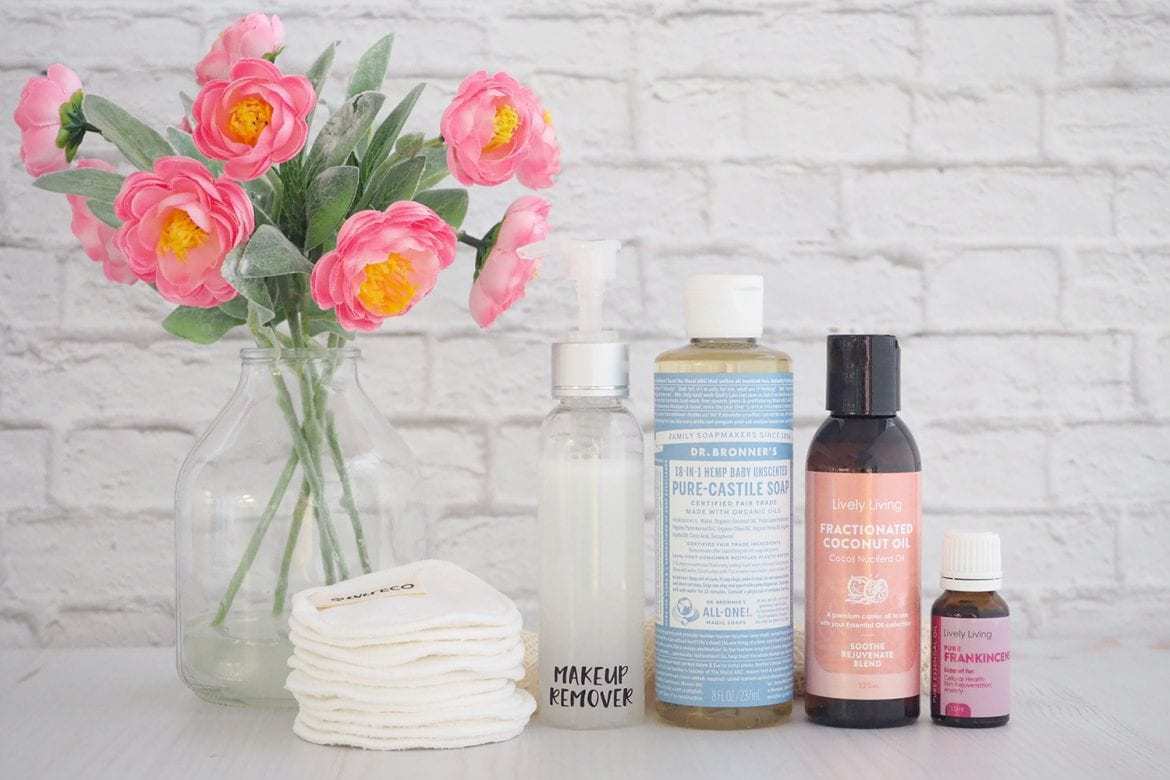Many beauty products claim to give you unique skin. As such, natural beauty products are sometimes ignored.
If you want flawless skin but don’t want to spend a fortune on the latest trending face cream, you may already have what you need in your refrigerator.
Are you interested in improving your skin’s appearance?
In addition to always applying sunscreen, you also need to consider what you’re putting into your body.
Some food groups have an abundance of nutrients that do anything from fending off free radicals to minimising the appearance of fine wrinkles.
Regular grocery stores typically have a large variety of products. The most important factor is what your diet is.
In brief, most people should increase their intake of fruits and vegetables, decrease their sugar and salt intake, and choose whole foods over processed options.
Below are some suggestions for skin-friendly meals that may help prevent breakouts if you want to enhance your skin’s condition.
1. Kiwi

Having some kiwis on hand is a good idea any time of year, but they shine during the warmer summer months.
Although now grown in the UK, their original home is in Eastern China. Since kiwis are rich in the antioxidant vitamins C, A, and E and belong to the berry family, they are commonly included in smoothies and other healthful meals.
Did you also know that it’s fantastic for your skin as well? In addition to its vitamin content, kiwi is a good source of healthy omega-3 fatty acids.
When it comes to the skin, the kiwi fruit’s first benefit is its ability to repair UV damage. When you don’t protect your skin with sunscreen, harmful UV rays can affect your skin and increase signs of ageing.
Vitamins in kiwis serve as antioxidants and can repair any harm brought on by too much time in the sun. In addition, it shields the skin from damaging free radicals.
2. Oysters

These slimy creatures are a great source of zinc, an essential component in the production of collagen, the structural support in the skin.
Additionally, zinc is a cellular protector due to its antioxidant characteristics. Thanks to their abundance of beneficial proteins, amino acids, minerals, and vitamins, Oysters could be a powerful ally in the fight against ageing skin and maintaining its youthful glow.
Further, zinc helps keep your eyes healthy, your scalp and hair robust, and your nails healthy and strong. What do you think of that as far as multitasking goes?
Not a fan of oysters? Not to worry, zinc is not hard to come by! It can be found in foods like red meat and poultry, beans, nuts, some seafood (including crab and lobster), whole grains, fortified breakfast cereals, and dairy.
Nevertheless, oysters are the best food source of zinc.
3. Broccoli

This vegetable provides twice as much vitamin C as an orange, as much calcium as a glass of milk, and as much selenium as a handful of almonds (a nutrient important for preventing cancer).
In addition to protecting you from cancer-causing substances in food and the environment, eating broccoli helps cleanse your body after exposure to oxidants and other carcinogens.
Broccoli’s antioxidants are beneficial for skin health and anti-ageing. The vitamin C in the vegetable helps the body make collagen, which in turn gives the skin a more youthful appearance.
Additionally, broccoli includes glucoraphanin, which, when digested, is transformed into sulforaphane, which helps the skin repair itself and keeps it healthy.
Therefore, consuming broccoli speeds up the skin’s renewal process and imparts a healthy glow to the face.
When it comes to blocking the sun’s rays, this cruciferous vegetable is even more potent than sunscreen.
Sunscreens work by absorbing UV radiation and reflecting it away from the skin. When applied topically, broccoli extract is absorbed straight into skin cells, producing a matrix of protective enzymes that protect against damage caused by exposure to UV radiation.
Sulforaphane, a molecule found in broccoli, has been shown to mitigate the inflammatory response and redness of sunburned skin.
As a result, it represents a significant improvement over other sun protection methods.
4. Kefir

Kefir resembles yoghurt quite a little. On the other hand, Kefir is made with the aid of many more strains of helpful bacteria; it is lactose-free, has a reduced sugar content, and has more bio-derived components that are excellent for the body and the skin.
Kefir, made from goat’s milk, has more beneficial nutrients than conventional cow milk. Additionally, consuming kefir can be useful in keeping your skin looking good by improving your gut’s health.
As a vital protective barrier, the skin plays a crucial part in homeostasis and is directly impacted by one’s diet.
The skin and the colon appear to have a reciprocal interaction referred to as the “gut-skin axis,” in which they share a set of indirect metabolic pathways.
This suggests that the gut-skin axis may be amenable to manipulation through dietary change, in which probiotics can be included, and so represents a possible therapeutic target in inflammatory skin illnesses, such as atopic dermatitis (AD), to manage and relieve symptoms.
There are components in kefir that could be effective against viruses like the one that causes shingles. Some of the ingredients that aid in disease and symptom management include probiotics and the amino acid L-lysine.
5. Eggs

Eggs are an excellent complement to a healthy diet because they are a good source of protein and a variety of vitamins and minerals.
Because of their low glycaemic index, they are also great for those trying to cut back on their carb intake. They have several benefits for the body, including the skin.
Eggs have components that improve your overall health, and these benefits may extend to your appearance if you apply them topically to your skin.
The lutein and protein in eggs work together to improve the skin’s hydration and elasticity.
Eggs provide a comprehensive boost to your skin. Because they are rich in fatty acids, which moisturise the epidermis, egg yolks are great for brightening your complexion—worried that eating too many eggs may cause your cholesterol levels to skyrocket?
You can relax knowing that our systems employ intricate mechanisms to absorb all the beneficial components of eggs.
The primary advantage of eggs for the skin is their water-binding capacity, which helps to trap moisture in your skin cells and give your skin a smooth, supple texture.
A combination of egg yolk nutrients hydrates, nourishes and moisturises dry skin. Egg yolk face masks are popular for their antibacterial benefits, which can be especially useful for oily or ageing skin.
6. Avocados

Avocados are rich in vitamin A, essential for proper cell repair, and vitamin E, which can help prevent the visual indications of ageing.
Many people believe that avocado is one of nature’s best superfoods, but they don’t know how it works. Avocados are a good source of healthy fatty acids crucial for the proper repair and regeneration of the skin.
This nutrient density of these fatty acids means that your skin will retain its supple, youthful appearance for longer.
Avocados are rich in vitamin A, which is essential for proper cell repair, and vitamin E, which can help prevent the visual indications of ageing.
Furthermore, several natural vegetable oils, such as olive and coconut oil, have been widely touted for their skin-benefitting properties.
But did you know that for decades, avocado oil has long been a long-kept secret among skincare experts?
Surprisingly, avocado oil’s regenerative capabilities effectively reduce the visible signs of ageing when applied topically.
There you have it, a selection of some of the best foods available that could help to give you healthy and youthful skin.



